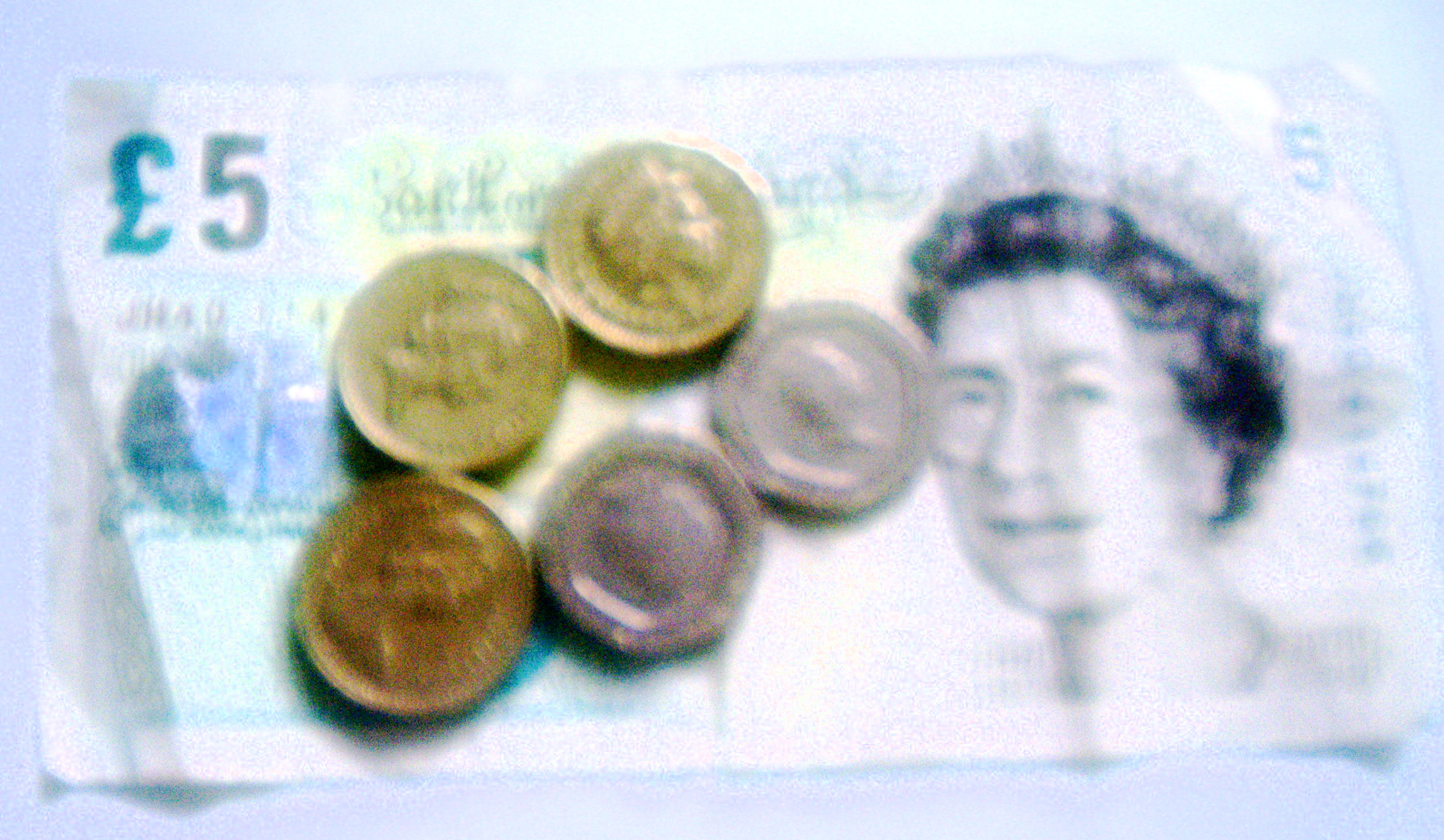publication date: May 2, 2007
|
author/source: Anne Coates
A survey by the Halifax (2006) revealed that the average weekly amount of pocket money given to children throughout the UK is £8.40 with boys receiving about 12 per cent less than girls.
Seven out of ten kids receive pocket money on a regular basis.
|

|
So how do parents work out
what to give - and are there any strings attached?
Obviously the amount of
pocket money you give your children depends on your own
financial situation but you also need to decide what the money is for. Do you provide sweets or comics as well as some cash? If an amount is given each week regardless of help around the house and isn’t dependent on
behaviour - some people like to debit money for
misdemeanours or for not tidying the bedroom etc - then is there a possibility of
earning more?
Jobs around the home
To avoid too much
pressure - and
arguments - and to encourage a more
mature approach to finance, you could have a weekly l
ist of jobs that need doing with the
sum to be paid pinned to a wall. That way a child who is
saving up for something special can earn extra.
It does mean that
older children are at an
advantage here but there are lots of
little jobs like taking out the paper for recycling or putting dirty clothes in the washing machine that don’t require too much stamina.
However the
drawback to this is that children might think that it is
mum’s role to do everything about the house and that anything they do merits
payment when what we want to encourage is helpful
cooperation from all members of the family.
How much?
When deciding on the
amount of pocket money, ask friends and other parents what they give and decide what the cash is
actually for. Do you expect your child to use it to buy:
- sweets and ice creams?
- comics and books?
- toys?
And for older children:
- toiletries?
- clothes?
- presents for friends’ birthdays?
- Christmas presents?
- outings?
Encouraging saving
Learning to save up for something you really want is a
valuable lesson for children and helps them have a better understanding of money and what it can buy. Many building societies and banks offer special incentives for young savers - often in the form of money boxes and birthday cards - but it really is worth looking at how interest rates compare. Many accounts can be opened with £1 but some demand a more substantial amount. Also you have to consider how handy the bank or society is and whether the account is going to be used for
week to week budgeting or
longer-term projects.
If a child wants something expensive like a
new bike or a
residential school trip you could offer to match what they save towards it. Children who spend their own money often
value purchases more. Learning to
manage money effectively is an excellent and
valuable skill for your offspring to learn.
From pocket money to an allowance
There comes a time when young teens need a bit more leeway in their finances and a
monthly allowance might be more appropriate than weekly pocket money. This allowance might include a sum of money for clothes, CDs, make-up, entertainment. Although a
monthly sum might seem rather a lot at first, if you work out how much you actually spend on the kids you might discover you’re making a
saving.